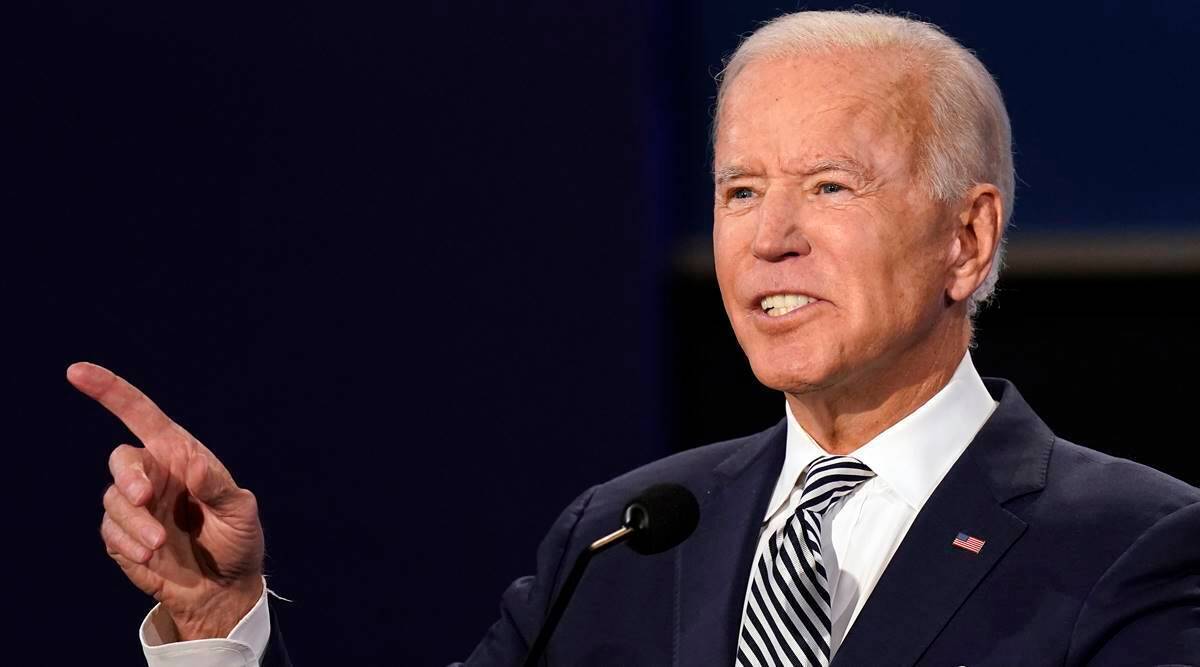The US ends Afghanistan’s designation as a major non-NATO ally

More than a year after the Taliban came to power in Kabul, US President Joe Biden has ended Afghanistan’s designation as a major non-NATO ally.
In 2012, the United States designated Afghanistan a major non-NATO (MNNA) ally, paving the way for both countries to maintain defense and economic ties.
The designation gave Afghanistan several facilities and concessions in terms of aid and equipment related to defense and security.
By the authority vested in me as President by the Constitution and by the laws of the United States, including Section 517 of the Foreign Assistance Act of 1961,…I hereby terminate the designation of Afghanistan as a major non-NATO ally of the United Nations. State to Act and Arms Export Control Act, Biden told in a presidential memorandum to Secretary of State Antony Blinken.
The change in the situation in Afghanistan follows the withdrawal of US troops from Biden’s country last year, ending nearly 20 years of war.
Afghanistan fell back into the hands of the Taliban, who have repeatedly assured the international community that they will protect the rights of women and girls, as well as take away many of their freedoms and security.
MNNA status was first created in 1987. According to the State Department, with Afghanistan’s status revoked, the US will have 18 major non-NATO allies. They are Argentina, Australia, Bahrain, Brazil, Colombia, Egypt, Israel, Japan, Jordan, Kuwait, Morocco, New Zealand, Pakistan, Philippines, Qatar, South Korea, Thailand, and Tunisia.
According to the State Department, Taiwan is treated as an MNNA without a formal designation.
Earlier this month, Indian-American Congressman Ro Khanna introduced a motion in the House of Representatives to designate India as a major non-NATO ally.
A major non-NATO partner is eligible for a loan of materials, supplies, or equipment for cooperative research, development, testing, or evaluation purposes. They are also eligible as a place for the US-owned War Reserve stockpile to be kept on its territory outside US military facilities.
These countries enter into agreements with the United States for the cooperative presentation of training on a bilateral or multilateral basis if the financial arrangements are reciprocal and provide reimbursement of all US direct costs.



